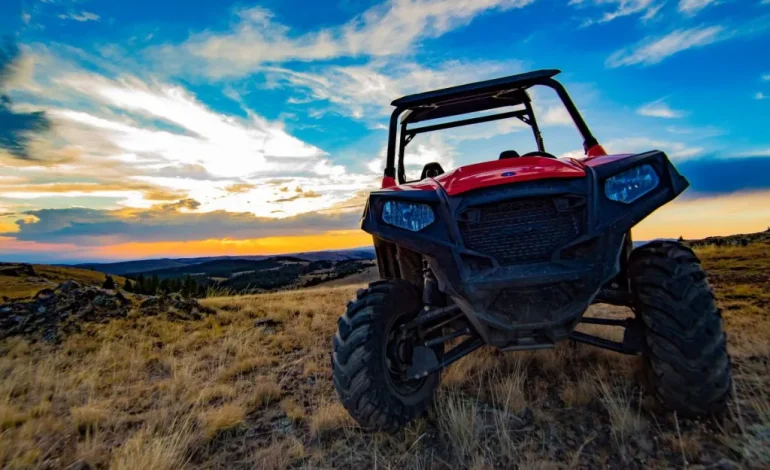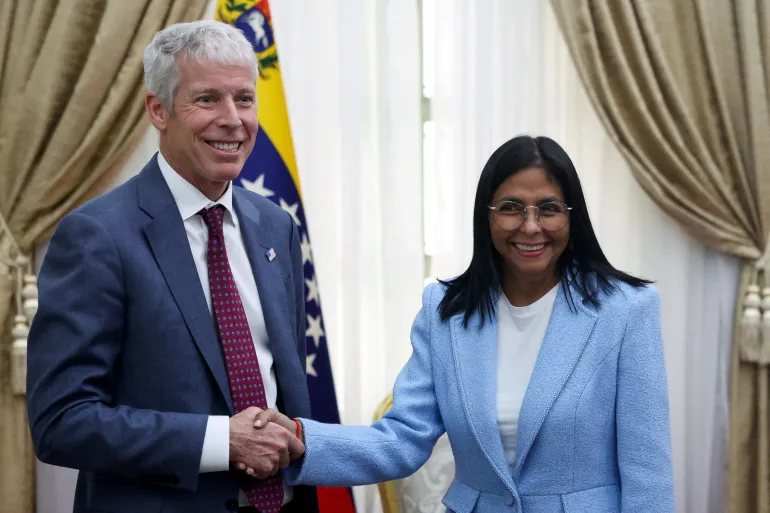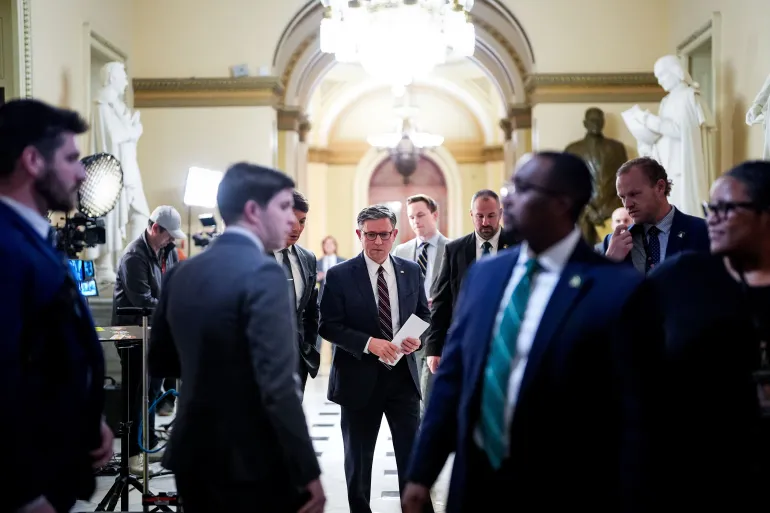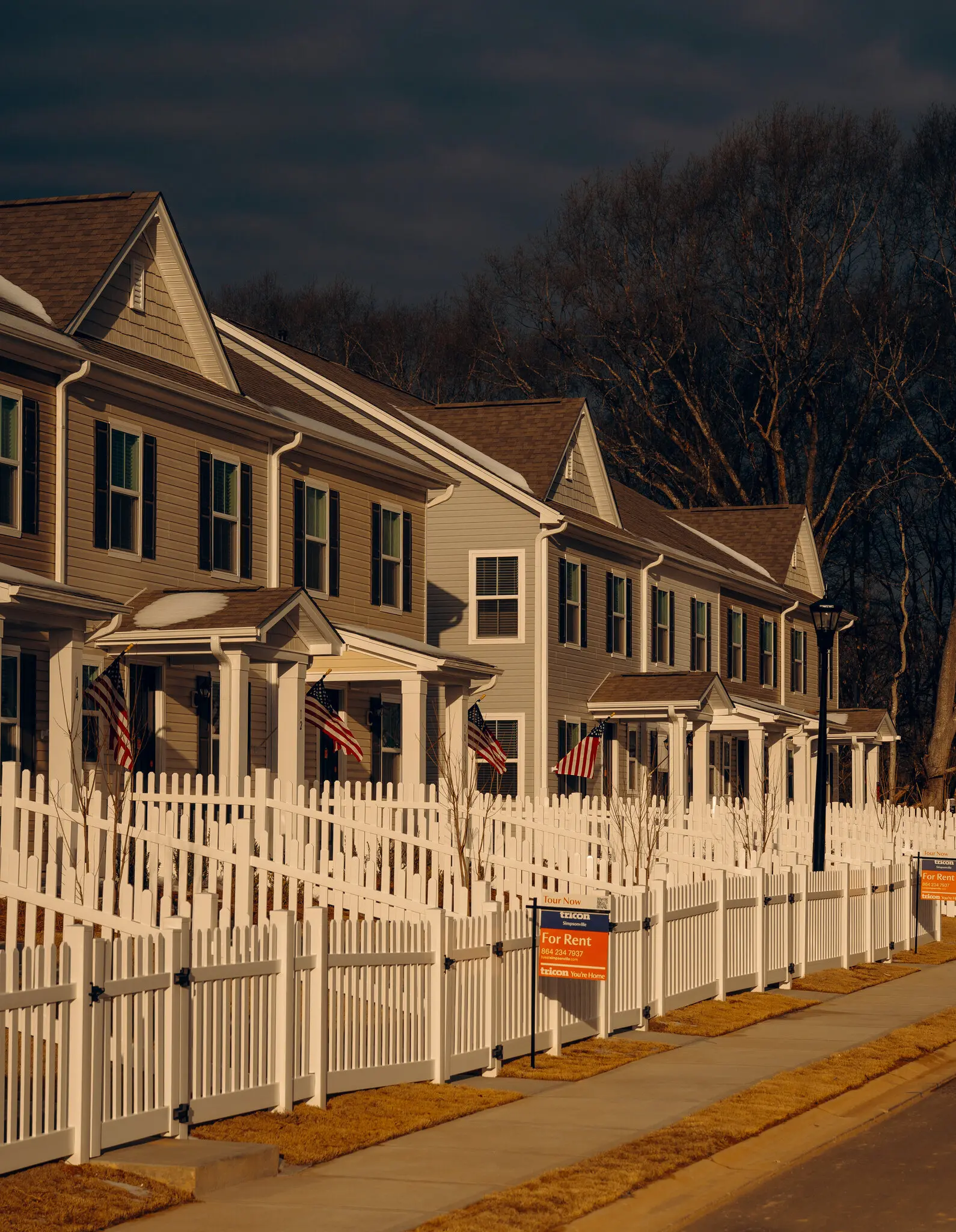Wyoming Trails Program Considers Expanding Motorized Access on Casper Mountain

The Wyoming State Trails Program is evaluating the potential to expand motorized recreational access on Casper Mountain, with the broader goal of linking it to the city of Casper, Oil City News reports.
This initiative, recently presented to the Natrona County Board of County Commissioners, aims to stimulate local tourism and support economic development through off-highway vehicle (OHV) use.
Mark Tesoro, Wyoming Outdoor Recreation manager, and Forrest Kamminga, manager of the State Trails Program, outlined the proposed expansion on Tuesday. The program, which began in 2002, has seen rapid growth and focuses on connecting communities through designated OHV trails. Often compared to “boating on dirt,” modern OHVs can carry multiple passengers, drawing parallels to the economic benefits seen in the snowmobiling industry.
According to a 2021 study conducted with the University of Wyoming, the OHV program contributes an estimated $365 million annually to the state’s economy. Last summer, the Trails Program invested approximately $80,000 in improvements to roads on Casper Mountain frequently used by OHVs, including TP Pitch Bin and Ponderosa Park Road. However, these roads are not officially enrolled in the state program, limiting nonresident use unless vehicles carry a multipurpose license plate.
The proposed plan would enroll select roads on Casper and Muddy Mountains into the program, allowing legal access for residents and visitors to local businesses and services, including lodging, fuel, and restaurants. Kamminga emphasized that the program is not intended to open all county roads, but rather to designate specific routes for legal and safe OHV travel.
Concerns raised by commissioners included the potential for trespassing. Tesoro pointed to other counties, such as Lincoln County, where similar programs have been implemented without reported violations or citations. Program officials attribute the absence of issues to clear signage, public education, and a responsible user base.
Sandra Sanderson from the Wyoming Department of Transportation noted that a statutory change two years ago allowed for safer OHV crossings at interstates and introduced roadway safety standards. WYDOT now collaborates with the Trails Program to identify low-traffic, low-speed highway segments suitable for OHV travel. For higher-speed areas, separated trails or designated routes with signage and barriers are considered.
All OHV drivers using public roadways are required to be licensed, insured, and operate vehicles equipped with street-legal safety features.
The discussion also touched on the Backcountry Discovery Route (BDR), a motorized trail network that has successfully brought tourism revenue to small communities. The State Trails Program is now exploring more advanced BDRX routes as part of its broader vision.
Commissioner Peter Nicolaysen requested additional documentation, including enrollment agreements from other counties, to help assess how the program might be implemented locally. He also recommended involving law enforcement, legal counsel, and public works in the planning process.
Originally known as the Southwest Wyoming Off-Road Trails, the initiative began in Evanston and utilizes a mix of dirt roads, ranch access routes, and oil field infrastructure. Since then, multiple communities and counties—including Uinta, Lincoln, Sweetwater, Fremont, and Carbon—have joined the program. Participation makes counties eligible for state grants, which can fund maintenance, signage, education campaigns, and law enforcement support on designated routes.









The latest news in your social feeds
Subscribe to our social media platforms to stay tuned